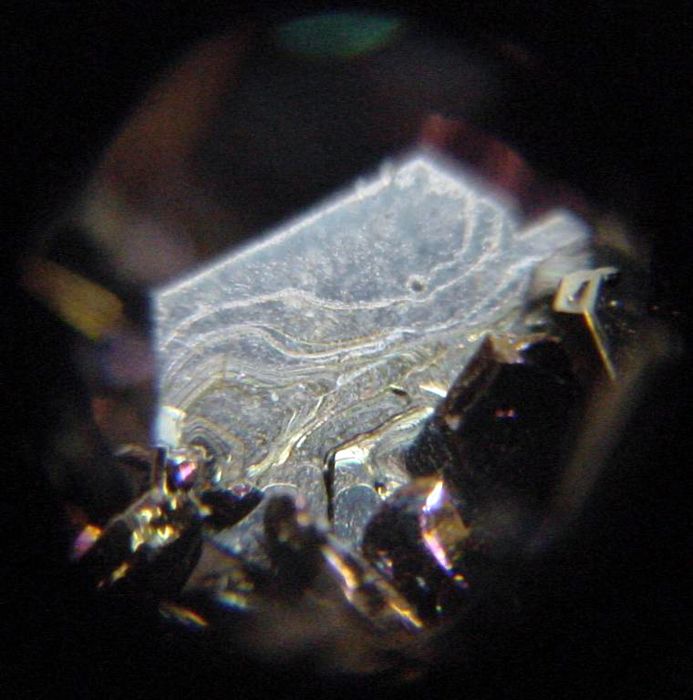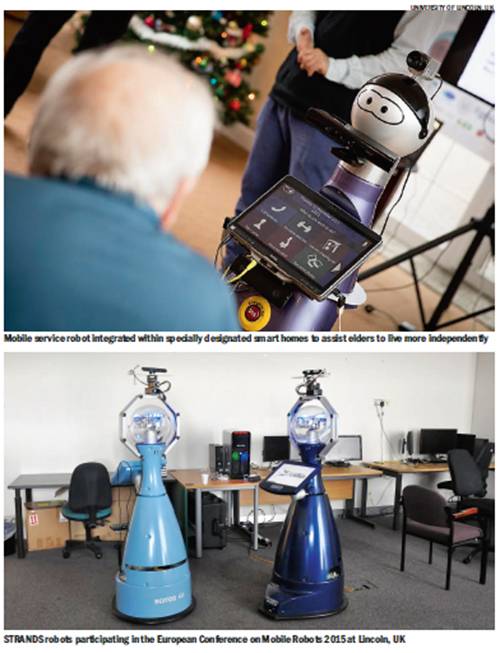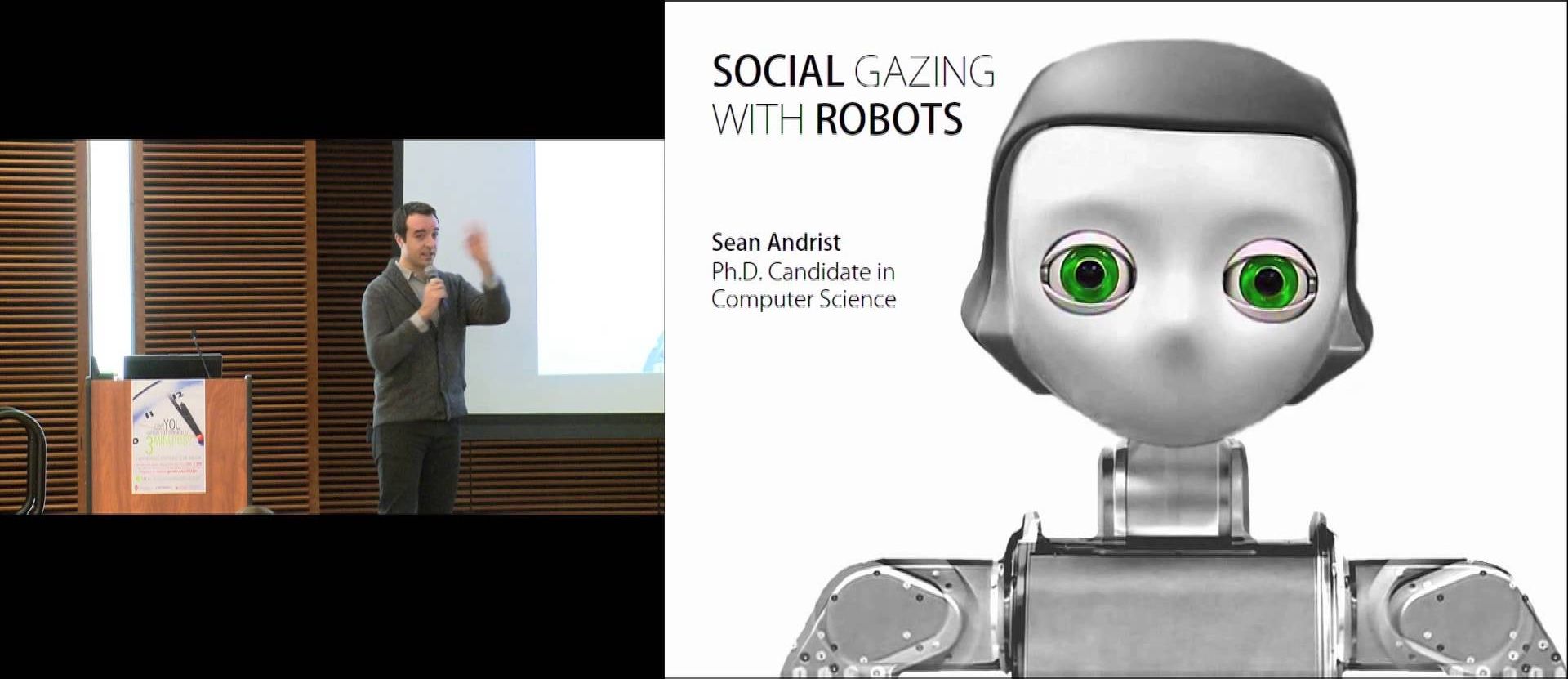
Could we actually start seeing some standards around CRISPR being proposed & implemented around CRISPR?
Bethesda, MD –This SRC will present the very latest developments in this field, with talks by leading international experts working with both prokaryotic and eukaryotic models. This unique blend from the two communities is always much appreciated by attendees of this meeting and one of its main highlights. The topics covered will include events occurring at both the 5’ and 3’ ends of mRNA related to decay, the links between translation, quality control and mRNA stability, and the relationship between RNA degradation and disease. Two full sessions will be devoted to mechanisms of sRNA, CRISPR RNA and miRNA regulation and how they pertain to mRNA stability. The meeting is traditionally of a very manageable size (typically about 120 attendees), providing unrestricted access to students and post-docs for dynamic discussions with more established scientists and potential future employers. Informal Meet the Expert sessions will be held over lunch, with assigned tables to selected speakers.
There will be a total of 9 very broad-ranging sessions over the 4 days, with 36 invited speakers at the top of their fields and two internationally renowned keynote speakers, Chris Lima and Jörg Vogel. Speakers are encouraged to present their most recent and unpublished data. There will be two poster sessions and 2–3 additional speakers per session will be chosen to give oral presentations, based on the submitted abstracts. This promises to be a very interesting and lively meeting in one of Europe’s most beautiful cities. We hope to see you there!
FASEB has announced a total of 36 Science Research Conferences (SRC) in 2016. Registration opens January 7, 2016. For more information about an SRC, view preliminary programs, or find a listing of all our 2016 SRCs, please visit http://www.faseb.org/SRC.
Read more








